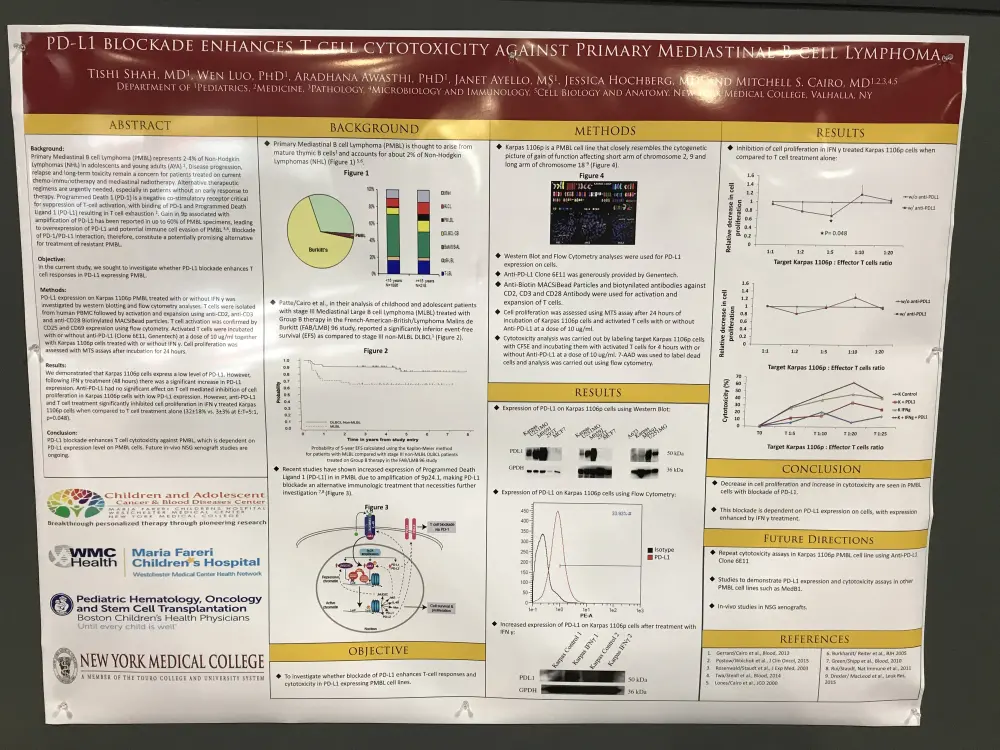All content on this site is intended for healthcare professionals only. By acknowledging this message and accessing the information on this website you are confirming that you are a Healthcare Professional. If you are a patient or carer, please visit the Lymphoma Coalition.
The lym Hub website uses a third-party service provided by Google that dynamically translates web content. Translations are machine generated, so may not be an exact or complete translation, and the lym Hub cannot guarantee the accuracy of translated content. The lym and its employees will not be liable for any direct, indirect, or consequential damages (even if foreseeable) resulting from use of the Google Translate feature. For further support with Google Translate, visit Google Translate Help.
The Lymphoma & CLL Hub is an independent medical education platform, sponsored by AbbVie, BeOne Medicines, Johnson & Johnson, Miltenyi Biomedicine, Nurix Therapeutics, Roche, Sobi and Thermo Fisher Scientific and supported through educational grants from Bristol Myers Squibb, Lilly and Pfizer. Funders are allowed no direct influence on our content. The levels of sponsorship listed are reflective of the amount of funding given. View funders.
Now you can support HCPs in making informed decisions for their patients
Your contribution helps us continuously deliver expertly curated content to HCPs worldwide. You will also have the opportunity to make a content suggestion for consideration and receive updates on the impact contributions are making to our content.
Find out more
Create an account and access these new features:
Bookmark content to read later
Select your specific areas of interest
View lymphoma & CLL content recommended for you
AACR 2017 | Poster 2657/16 – PD-L1 blockade enhances T-cell cytotoxicity against Primary Mediastinal B-Cell Lymphoma
On Monday 3rd April during this year’s American Association for Cancer Research (AACR) annual meeting, a poster (2657 / 16) by Tishi Shah, from New York Medical College, Valhalla, NY, et al. titled “PD-L1 blockade enhances T cell cytotoxicity against Primary Mediastinal B-Cell Lymphoma” was presented.
The group aimed to determine if PD-L1 blockade enhances T-cell responses in PD-L1 positive PMBCL.
Key Highlights:
- Karpas 1106p cells express a low level of PD-L1
- After treatment with IFNγ for 48 hrs, PD-L1 expression significantly increased
- Anti-PD-L1 did not significantly affect T-cell mediated inhibition of cell proliferation in Karpas 1106p cells with low PD-L1 expression
- Anti-PD-L1 and T-cell treatment significantly inhibited cell proliferation in IFNγ treated Karpas 1106p cells versus treatment with T-cells alone (32±18% vs 3±3% at E:T = 5:1; P = 0.048)
The poster was concluded by stating that T-cell cytotoxicity was heightened by PD-L1 blockade against PMBCL cells. The blockade was dependent on PD-L1 expression, which can be enhanced by administering IFNγ. Future in vivo NSG xenograft studies are ongoing.

References
Please indicate your level of agreement with the following statements:
The content was clear and easy to understand
The content addressed the learning objectives
The content was relevant to my practice
I will change my clinical practice as a result of this content

